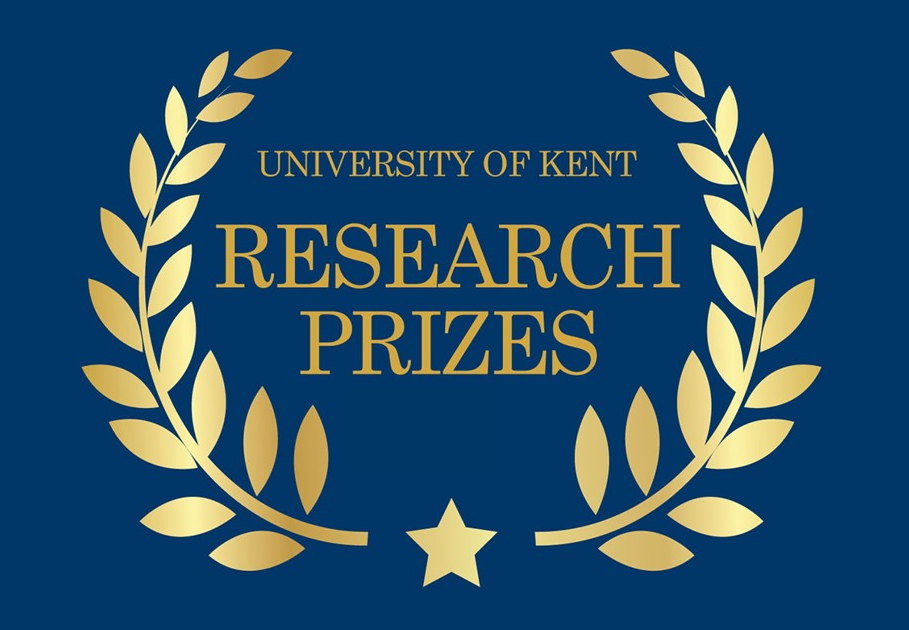Dr Matthew Skinner and Dr Jake Bicknell have been awarded the Faculty Consolidator and Starting Research Prizes respectively in the University’s 2018 competition round.
Dr Skinner’s research is inherently interdisciplinary, applying methods from palaeontology, anatomy, engineering, biomechanics and computer sciences to address fundamental questions in human evolution, and is internationally recognised through the application of diverse and novel methods and publication of world-renowned human fossils. The decision to nominate him for the Consolidator prize was unanimous for two reasons: i) Matt’s publication record is impeccable, with numerous papers in Nature and Science – through him, the School of Anthropology and Conservation is the first in the University to have a first-authored paper for Science; and ii) the impact of his work is remarkable in having already changed our understanding of human evolution with the discovery of a new species, the Homo naledi.
Upon finishing his PhD in Biodiversity Management at DICE within the School of Anthropology and Conservation in late 2014, Dr Bicknell undertook research as postdoctoral fellow at the University of Kent on two projects and went on to publish excellent science in top conservation journals which attracted significant impact. Jake’s achievements as an early career researcher, from both academic and conservation perspectives, are exceptional and worthy of recognition. His research has the global and environmental characteristics that ensure it receives media spotlight, with the University benefiting directly from being seen to contribute to these universal scientific agendas.
“It’s a great honour to be awarded the University Starting Research Prize. I like to think that my work lies at the interface between research and conservation management, and receiving this award is particularly special because it demonstrates the growing importance of, and recognition for, environmental conservation as an increasingly mainstream discipline. I very much enjoy working at the University of Kent, and am grateful to all of my collaborators here at DICE, whose input has been invaluable over the last few years.”

